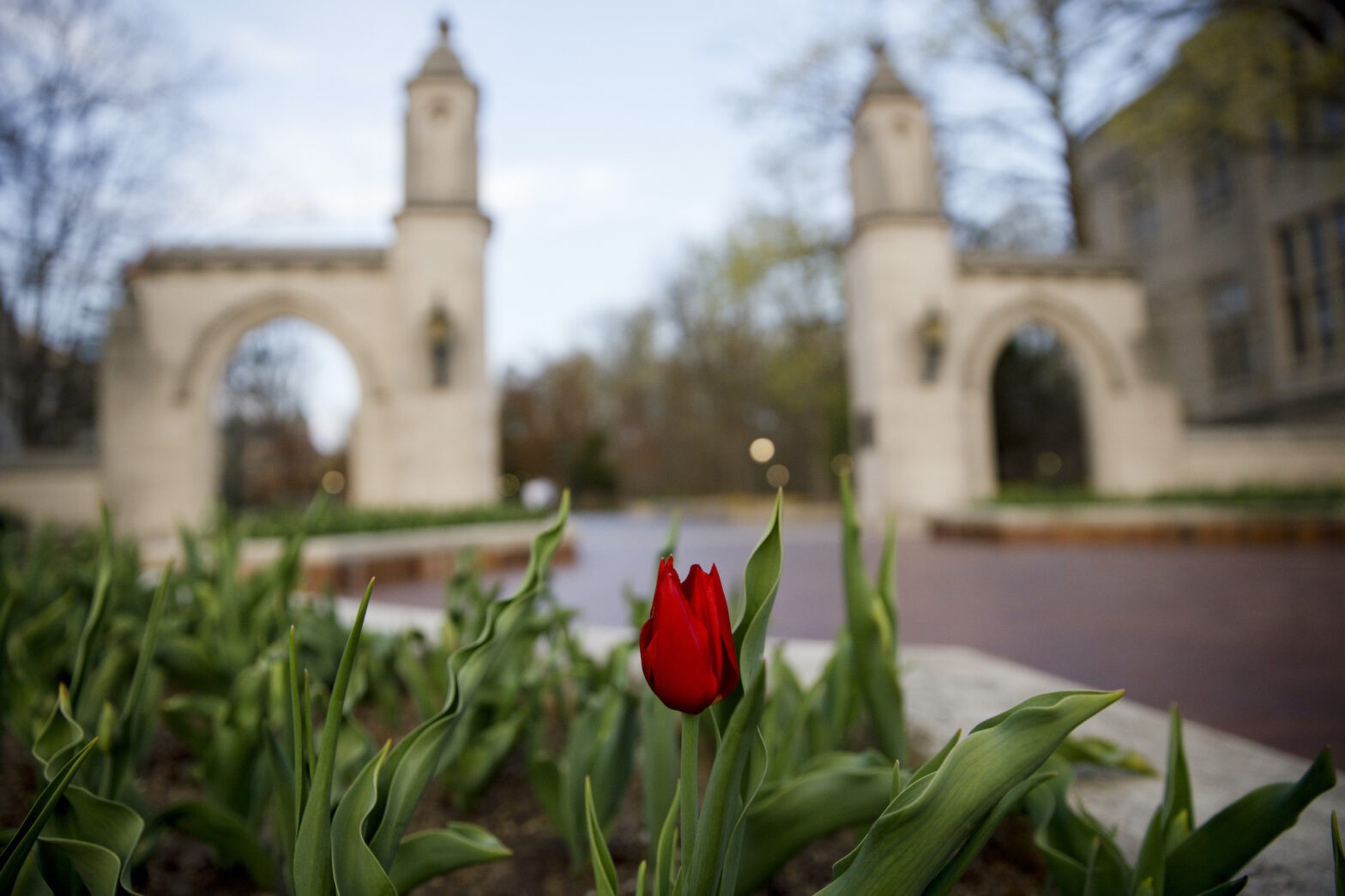
Attorney General Todd Rokita is concerned with the legality of Indiana University’s newly announced vaccination policy, and he is joined by a group of Republicans in the Indiana General Assembly. Nineteen signed a letter urging Gov. Eric Holcomb to stop universities from requiring students and staff to be vaccinated.
Indiana University announced May 21 it will be mandating all students to get the COVID-19 vaccine before the start of the fall semester.
“This session, members of the Indiana General Assembly passed legislation to codify in law a prohibition on COVID-19 vaccine passports, preventing public institutions from mandating proof of vaccination as a condition for receiving services or employment,” Rokita said in a statement issued Wednesday. “Indiana University’s policy clearly runs afoul of state law—and the fundamental liberties and freedoms this legislation was designed to protect.”
According to Rokita, under House Enrolled Act 1405, state or local units cannot require proof of immunization.
Late Thursday, members of the Indiana Senate Republican Caucus sent Indiana University President Michael McRobbie a letter saying, “We have grave concerns regarding your latest decision to mandate the COVID-19 vaccine for all students, staff and faculty at all Indiana University campuses—a vaccine that has only an emergency-use authorization, rather than full FDA approval.”
Listing various possible repercussions for not complying, such as lost financial aid or rental deposits, the letter said students are “being coerced into an impossible situation.”
The Centers for Disease Control and Prevention, among other health organizations, has declared the vaccine safe, citing the “millions of people in the United States [who] have received COVID-19 vaccines under the most intense safety monitoring in U.S. history.”
But Rep. Peggy Mayfield, R-Martinsville, said people have the right to make healthcare decisions on their own.
“Under this law, I agree with the attorney general, as it was my intent that public entities, including state universities, can’t require proof of the vaccine,” Mayfield said in a statement.
“Next session, I hope to take legislative action to close the apparent loopholes that exist in HEA 1405 to ensure state-funded universities like Purdue and Indiana University must comply with the legislature’s intent to thwart government overreach and safeguard the individual liberties of their students, faculty and staff,” Sen. Andy Zay, R-Huntington, said in a statement.
Meanwhile, Drew Anderson, a spokesman for the Indiana Democratic Party, said the petition against IU’s vaccine protocol is “shallow rhetoric.”
“It’s disappointing—yet not surprising—to hear the Indiana Republican Party would rather place politics above the health and safety of a community—mostly composed of young people,” Anderson said in a statement to TheStatehouseFile.com. “These unnecessary risks work against the recommendations provided by local and university officials.”
The University of Notre Dame is requiring students to get the vaccine while other schools are highly encouraging their students to get the vaccine.
“The safety of the University and local communities is always our highest priority,” University of Notre Dame President Rev. John Jenkins said in a statement. “Requiring students to be vaccinated for COVID-19 is a new and important addition to our health policies, one that we believe will enhance public health at Notre Dame and in our community, while also contributing to our ability to return to a more vibrant campus environment.”
Other private institutions like Franklin College are encouraging students to get the vaccine but not requiring it.
Franklin College announced Wednesday that students and faculty who are fully vaccinated do not have to wear masks, but students who are not will have to continue following Fortify Franklin protocols. Protocols for the fall semester are still developing.
Dr. Lana Dbeibo, director of vaccine initiatives for IU’s Medical Response Team and assistant professor of infectious diseases in the IU School of Medicine, said there are few medical reasons one may not be able to get the vaccine.
“The COVID-19 vaccines that are currently authorized by the FDA are extremely safe and effective,” Dbeibo said in a statement. “I recommend, unless you have a medical contraindication, to schedule and get the vaccine as soon as you can—not only for yourself but for those you love as well.”
Universities are giving exemptions for those who are unable to get the vaccine due to medical and religious reasons.
Other state universities like Ohio State University and Illinois State University are encouraging students to get the vaccine. The University of Michigan is joining the University of Notre Dame in requiring its students to be fully vaccinated before the fall semester.
Universities that are encouraging students to get the vaccine will continue frequent surveillance testing and COVID-19 protocols like masks and social distancing.
Alexa Shrake is a reporter for TheStatehouseFile.com, a news website powered by Franklin College journalism students.